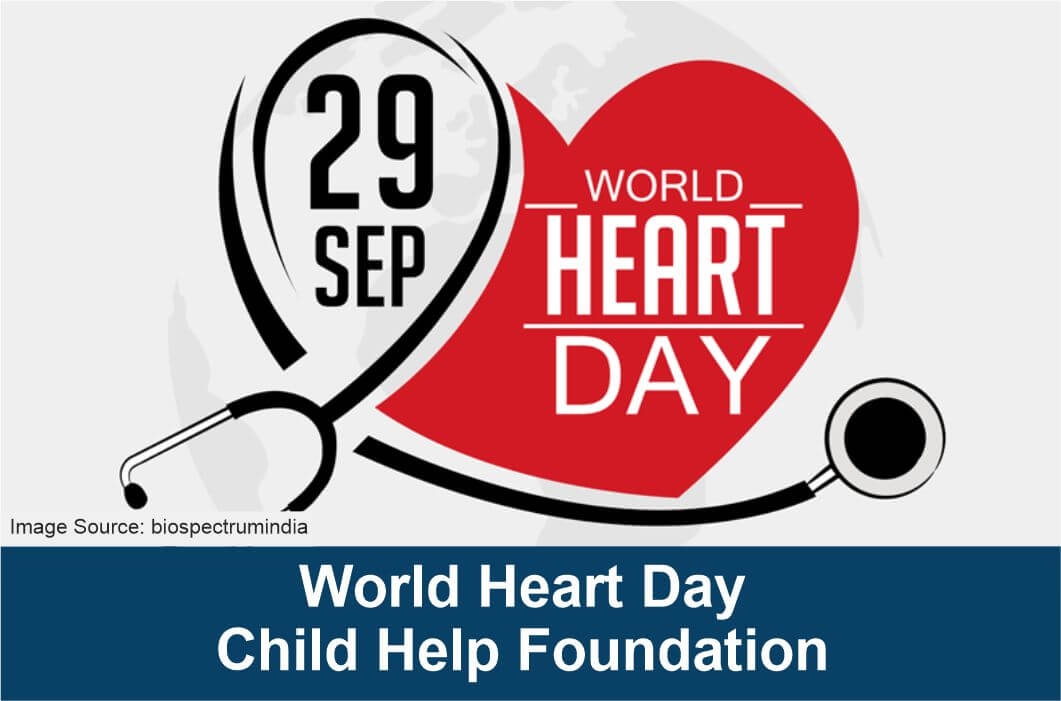While heart disease is often associated with adults, it can also affect children. Many people are unaware that congenital heart defects (CHDs) are among the most common birth defects worldwide. Understanding heart disease in children is crucial for parents, as early diagnosis and treatment can significantly improve a child's quality of life.
What is Congenital Heart Disease?Congenital heart disease refers to a group of heart abnormalities that develop before a child is born.These defects occur when the heart or blood vessels near the heart don’t form properly during pregnancy. CHDs can range from mild conditions that resolve on their own to severe defects requiring surgery or lifelong care.
The most common types of CHDs include:
- Septal defects: Often referred to as “holes in the heart,” these involve abnormal openings between the heart chambers.
- Tetralogy of Fallot: A complex condition involving four different heart defects.
- Coarctation of the aorta: A narrowing of the large blood vessel (aorta) that carries blood from the heart to the rest of the body.
- Pulmonary valve stenosis: A narrowing of the valve that controls blood flow from the heart to the lungs.
Common symptoms to look out for include:
- Breathing difficulties: Shortness of breath or rapid breathing, especially during feeding or physical activity.
- Poor weight gain: Some children with heart conditions struggle to gain weight and may experience poor growth.
- Cyanosis: A bluish tint to the skin, lips, or fingernails, indicating a lack of oxygen in the blood.
- Fatigue: Children with heart disease may tire easily, even after mild physical exertion.
- Swelling: Puffiness in the legs, abdomen, or around the eyes can be a sign of heart problems.
If parents notice any of these symptoms, they should consult a paediatrician, who may refer them to a paediatric cardiologist for further evaluation.
Diagnosis and TreatmentAdvancements in medical technology mean that many heart defects can now be detected before birth through prenatal ultrasounds. For others, doctors may use tests such as Echocardiograms, Electrocardiograms (ECGs), or chest X-rays to diagnose heart problems after the child is born.
Treatment for heart disease in children varies based on the type and severity of the condition. In some cases, medication may be sufficient to manage symptoms, while others may require surgical intervention. For more complex defects, children may need one or more surgeries over time or lifelong care from a cardiologist.
Supporting Your ChildRaising a child with heart disease can be challenging, but with the right support and care, many children go on to lead full, healthy lives. Parents need to stay informed about their child’s condition, follow medical advice closely, and maintain regular check-ups.
World Heart Day is an opportunity to spread awareness about heart disease, not just for adults, but for children too.By educating ourselves and others, we can ensure that children with heart conditions receive the care and support they need to thrive. Parents can also find support through various organisations and communities that provide resources for families dealing with congenital heart disease. These groups offer valuable advice, emotional support, and a platform to connect with others who understand the challenges.

Prevention and Awareness
While congenital heart defects cannot always be prevented, there are steps parents can take to reduce the risk of heart problems in their children. Ensuring good maternal health before and during pregnancy is one key factor. Mothers-to-be should maintain a healthy lifestyle, manage chronic conditions like diabetes, avoid smoking and alcohol, and take prenatal vitamins, including folic acid, to support fetal development.
Moreover, raising awareness about heart disease in children is essential for promoting early diagnosis and treatment. Many people are unaware that children can be affected by heart disease, which may lead to delayed treatment or misdiagnosis. Public health campaigns, like those tied to World Heart Day, play a crucial role in educating parents, caregivers, and healthcare professionals about the importance of early intervention.
Looking AheadHeart disease in children, particularly congenital heart defects, is a serious but manageable condition. Medical advancements and early diagnosis have greatly improved the prognosis for many children. By staying informed, seeking timely medical advice, and offering continuous support, parents can ensure that their children receive the best possible care.
World Heart Day serves as a reminder that heart health is important at every age. It highlights the need for more awareness, research, and support for children with heart disease, enabling them to lead healthier and more fulfilling lives. We at Child Help Foundation have helped more than 400 children suffering from Heart Diseases.On this occasion of World Heart Day, we are giving free stationary kits and T-shirts to the children whose heart surgery was successful. Our motto is ‘Swasthya se Shiksha Tak’, we helped them with ‘swasthaya’ and now it’s time to help them with ‘Shiksha’. So. if you also want to join this cause or want to donate and help one in need then reach out to us at contact@childhelpfoundationindia.org
